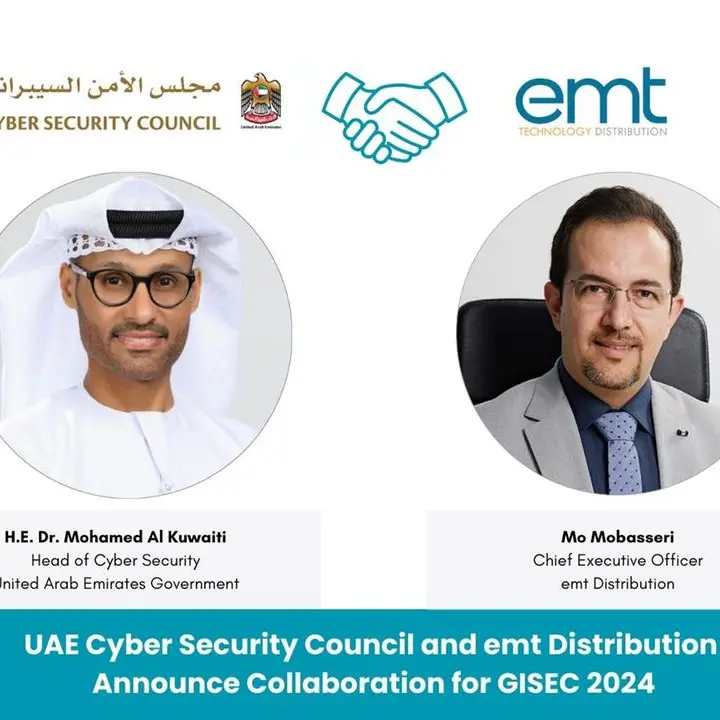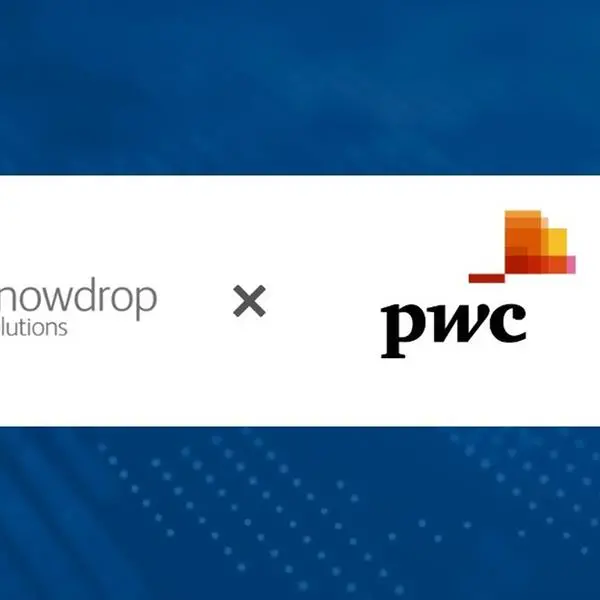Dubai: UAE consumers are increasingly relying on technology and have a growing desire to be connected, with 67 percent stating that they see value in harnessing the power of technology. This is according to the findings of the UAE edition of a new study by KPMG International, titled Me, my life, my wallet. The report analyses factors driving consumer behavior and choices in the UAE — and how these could change as the customer of tomorrow emerges.
Almost half of all UAE consumers interviewed were impressed with how much a smartphone could help them manage their schedules. With 97 percent receiving their news online and 93 percent on social media, this level of enthusiasm for digital world innovation was beaten only by the smartphone-crazy consumers of China and India.
Interestingly, despite recent global data breaches, 78 percent of UAE consumers feel comfortable sharing their data with retailers and other institutions, but they would be more likely to do so if they saw tangible value. When asked about trading their data for personalization or better deals, UAE consumers were midway between the privacy-conscious Europeans and the more carefree consumers in China or India, with 22 percent saying they would not trade their data at all.
Globally, more than half of consumers expressed anxiety about identity theft, including hacking of financial, medical, or other personal information online; 46 percent were concerned about the theft of credit card details when shopping online; and 38 percent were concerned about the unauthorized tracking of their online habits by companies, governments, and criminals.
The study found that consumers are more likely to trust companies with the data that is directly relevant to the service they are providing. For example, 71 percent of global consumers said that they trust banks with their financial data, but only nine percent said they would trust retailers with this information. Likewise, 47 percent of consumers trust telecom providers with their mobile data, but only eight percent said that they would trust advertisers. In the UAE, sectors that enjoyed the highest level of trust among consumers were healthcare (63 percent), banking (52 percent), retail (51 percent) and technology firms (38 percent), while the least trusted was advertising at 15 percent.
Farhan Syed, Partner, Digital and Innovation at KPMG Lower Gulf, said: “Today’s consumers grow more complex with every passing day – and there is a greater need to understand them more intimately. This is putting more pressure on brands to deliver increasingly personalized experiences in today’s hyper-connected and informed world. We believe that there is a tremendous need to understand consumers’ expectations, especially regarding their data, and it is imperative that organizations do not take this for granted in the future.”
Meanwhile, as the UAE consumer grows accustomed to a seamless physical retail experience, enjoying some of the world’s most iconic malls, matching this experience in the digital world is proving to be tough but necessary if consumers are to switch to spending more online.
“The challenge now for e-commerce platforms is to provide a population that is accustomed to superb offline customer experiences the same online experience,” added Pilar De Miguel Veira, Partner, Head of Customer Advisory at KPMG Lower Gulf. “This will help UAE strengthen its position as a leading regional e-commerce hub in the future”.
For more information and to read the report, please visit kpmg.com/ae
-Ends-
About KPMG International
KPMG is a global network of professional services firms providing Audit, Tax and Advisory services. We operate in 153 countries and territories and have 207,000 people working in member firms around the world. The independent member firms of the KPMG network are affiliated with KPMG International Cooperative ("KPMG International"), a Swiss entity. Each KPMG firm is a legally distinct and separate entity and describes itself as such.
About KPMG Global Consumer Insights
Global Customer Insights from KPMG offers clients a way to understand, possibly attract and retain today’s consumer. Gone are the days of being able to predict what consumers want on the basis of demographics and segmentation. By focusing on key elements of human behavior instead, businesses can build more authentic, trusted relationships with consumers.
Bringing together expertise from across our organization, the program extensively surveys consumers in eight, global markets. Using this data, we conduct additional ethnographic studies, and apply design thinking to delve into the behavior of consumers. By applying our “Five Mys” framework, we can analyze consumer behavior in new and innovative ways leading to insights that can fundamentally change the way an organization targets, sells and interacts with their customers.
The Five Mys (My attention, My motivation, My wallet, My watch and My connection) demonstrate how complex drivers of human behavior both influence and are influenced by a consumer’s purchasing decision. The 2018 Me, my life, my wallet report, is a deep dive into the story of today’s consumer and the ways humans from every corner of the globe are both fiercely individual but also experiencing a world of technology convergence and changing cultural landscape – and what that means for how they earn, spend and save. The report surveyed 25,000 global consumers in the UK, US, UAE, France, Canada, China and India.
For media enquiries, please contact:
Mara Carpencu
+971 4 506 5563
Siddhi Sainani
+971 4 506 5582
© Press Release 2019Disclaimer: The contents of this press release was provided from an external third party provider. This website is not responsible for, and does not control, such external content. This content is provided on an “as is” and “as available” basis and has not been edited in any way. Neither this website nor our affiliates guarantee the accuracy of or endorse the views or opinions expressed in this press release.
The press release is provided for informational purposes only. The content does not provide tax, legal or investment advice or opinion regarding the suitability, value or profitability of any particular security, portfolio or investment strategy. Neither this website nor our affiliates shall be liable for any errors or inaccuracies in the content, or for any actions taken by you in reliance thereon. You expressly agree that your use of the information within this article is at your sole risk.
To the fullest extent permitted by applicable law, this website, its parent company, its subsidiaries, its affiliates and the respective shareholders, directors, officers, employees, agents, advertisers, content providers and licensors will not be liable (jointly or severally) to you for any direct, indirect, consequential, special, incidental, punitive or exemplary damages, including without limitation, lost profits, lost savings and lost revenues, whether in negligence, tort, contract or any other theory of liability, even if the parties have been advised of the possibility or could have foreseen any such damages.










